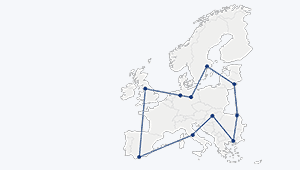
Housing is a vital component of improving the quality of the urban environment. The existing public housing estates and high rise block buildings are often dilapidated and their maintenance and current functioning (water, heating, air-conditioning) is not energy efficient.
This is especially true in new Member States where it is estimated that 40 percent of the population lives in housing built during the communist era. In addition, these blocks are typically inhabited by those with the lowest income within the society.
All over Europe, the majority of the population living in these urban areas is facing similar social problems and is generally sharing a similar socio-economic background (e.g., higher unemployment rate, low educational background, high level of aging population, broken families and people of different ethnic origins). The current economic and financial crisis is also affecting more severely the population in these parts of cities or big metropolitan areas, demanding specific and innovative measures from local authorities.
The main issue addressed by RE-Block is therefore how to foster efficient regeneration of these neighbourhoods, making them more attractive and improving their environmental quality, whilst creating an integrated tailor- made approach to combat poverty.
Timeline
Integrated Action Plans
-
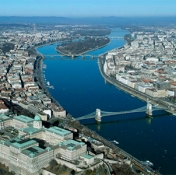 Budapest
Budapest -
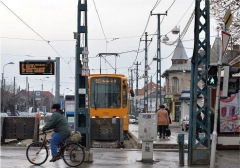 18th district of Budapest
18th district of Budapest -
Region of East Macedonia
-
Iași
-
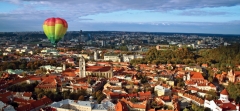 Vilnius
Vilnius -
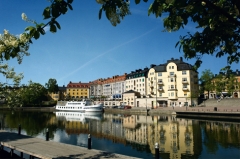 Södertälje
Södertälje -
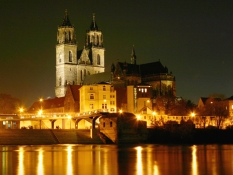 Magdeburg
Magdeburg -
Gelsenkirchen
-
 Salford
Salford -
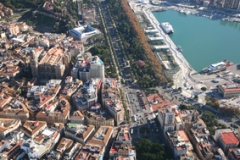 Málaga
Málaga -
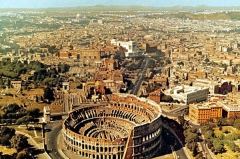 Rome
Rome

